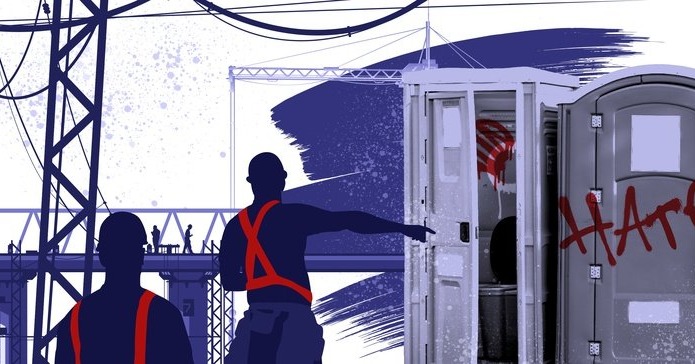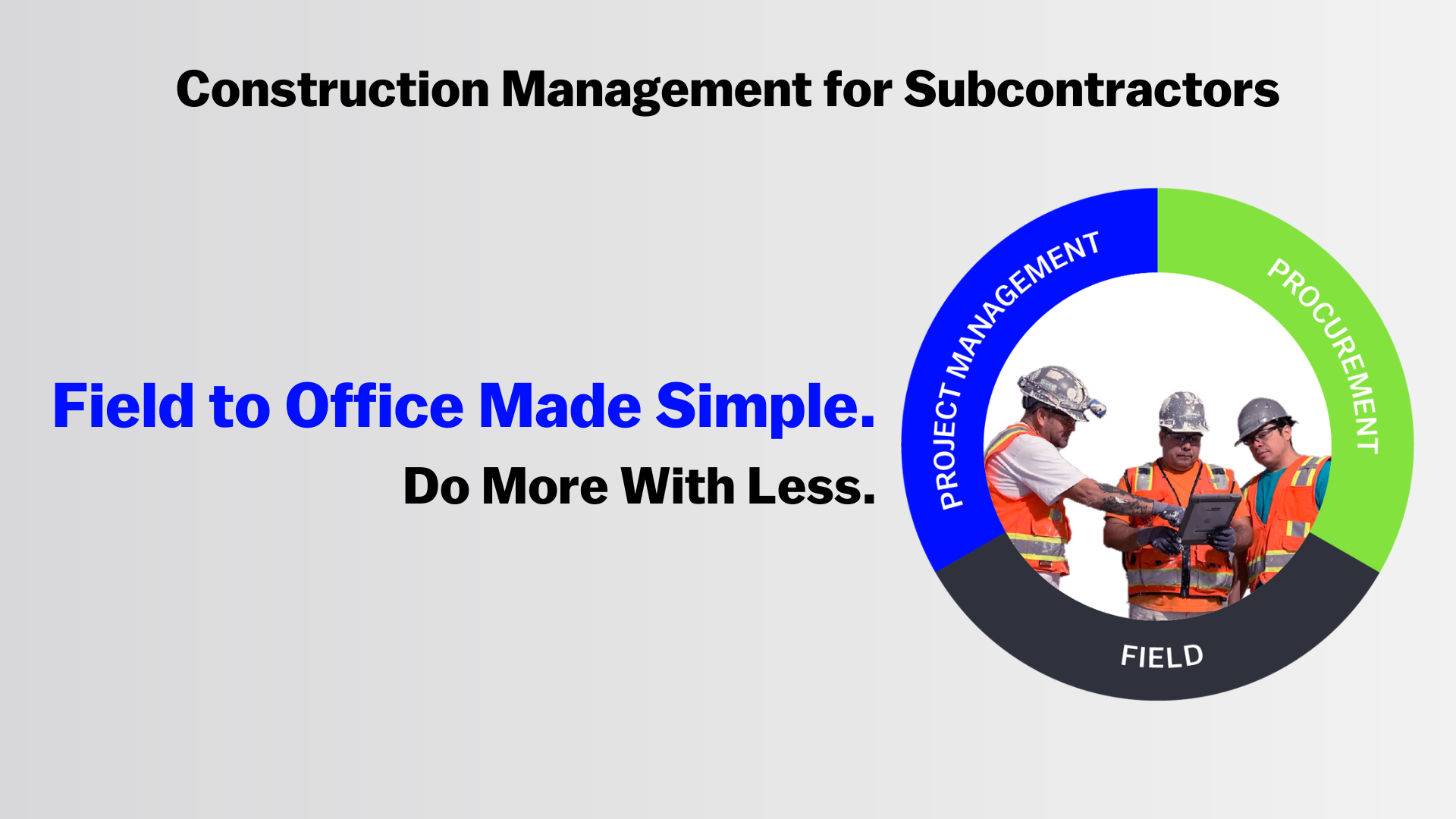Benefits Of Integration & Integrated Services
In the world of construction technology, the importance of connecting your data cannot be overstated. Every minute and dollar saved can have a...
2 min read
 Matt Wagoner
:
Jan 20, 2022 9:57:04 AM
Matt Wagoner
:
Jan 20, 2022 9:57:04 AM

"Doing something costs something. Doing nothing costs something. And, very often, doing nothing costs a lot more!" Ben Feldman
Whether we like it or not, we received several hard lessons over the past two years. One of the hardest lessons is procrastination's cost and the importance of being prepared in an evolving and sometimes chaotic business environment.
Why should we care? Because being caught in a reactive mode comes at a high price: lost revenue, delays, and an inability to respond to contingencies, everything from inclement weather, supply chain hiccups, and labor shortages
What can we do about the unforeseen? No one has a crystal ball, but with a bit of future planning, we can meet three of the most crucial ongoing, iterative needs head-on:
Cloud-connected mobile apps let companies do more with less.
The construction industry is experiencing an unprecedented rate of transformation. Construction professionals can now have real-time intelligence at their fingertips to improve their productivity and accuracy and enhance job site safety and communications among team members. There is no excuse left not to. By providing best-of-class, applications that are accessible and affordable, PeerAssist hopes to move the industry from plumb bobs and string lines to devices, bots, and lasers.

In the world of construction technology, the importance of connecting your data cannot be overstated. Every minute and dollar saved can have a...

Managing the construction RFI (Request for Information) process is an essential part of the construction project management process. It involves...

Peer Assist knows that construction companies require a smoothly integrated suite of products to connect the field and office to build value and...